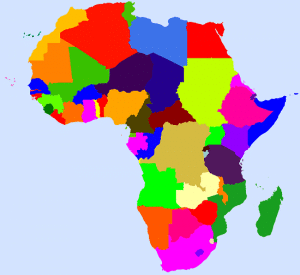
Within the next five years, there will be a massive increase in competition between bulk water and agriculture, closely followed by increased competition between agriculture and energy. Difficulties between water and energy are expected to arise within the next fifteen years or so too, and this means that it is time to consider water availability and infrastructure before it is too late.
It is time to invest in long term, durable solutions and looking to investment in multi-purpose infrastructure which could produce enduring results for water, energy and food security instead of single use infrastructure which will only provide short term usefulness. According to the Infrastructure Consortium for Africa (ICA), currently a mere 2.5% of water sector investments go towards this.
A study commissioned by the International Water Association on behalf of the Infrastructure Consortium for Africa entitled “Nexus Trade-Offs and Strategies for Addressing the Water, Agriculture and Energy Security Nexus in Africa the Water-Energy-Food Nexus Strategy,†notes that:
“… the stakeholder consultation suggested that in the absence of a paradigm shift in the way that politicians and planners think, compromise will remain a distant, unfulfilled dream. Yet were it not for the need for political capital, compromise between politically cheap mantras about agricultural self-sufficiency and politically expensive but economically advantageous agricultural sector makeovers involving a shift towards comparative advantage might actually represent the low hanging fruit in terms of total factor productivity; regional solutions to local problems and socio-economic transformation. But as explained in the text, compromise may be perceived as being politically hazardous.â€
Stakeholders need to start thinking out of the box to find the best solutions; they need to improve their understanding of the interdependencies between water-energy-food systems, and they need to improve infrastructure to ensure availability of drinking water as well as water for agriculture and energy purposes.
Get bottled watercooler and watercooler from Living-Water for your home and office. Rent watercooler and buy water coolers in London.





